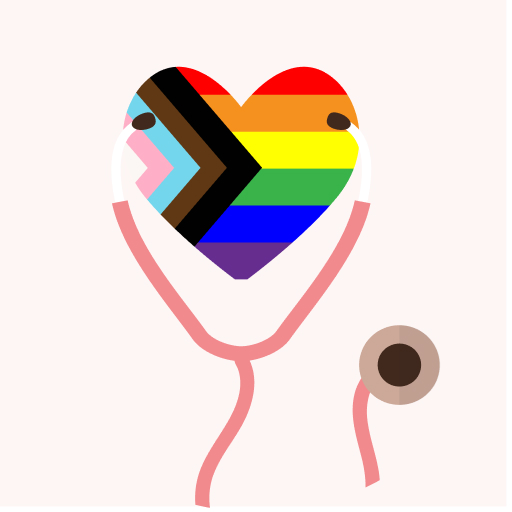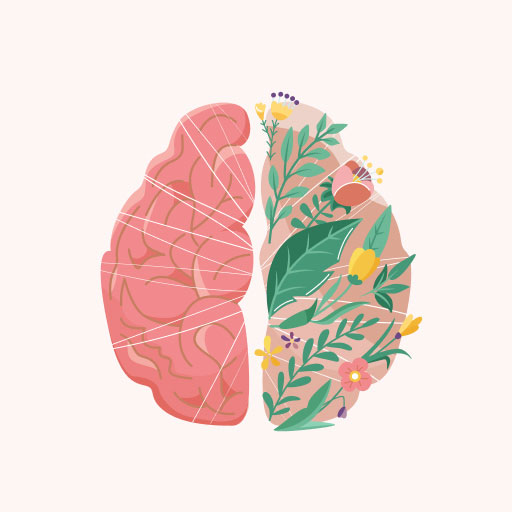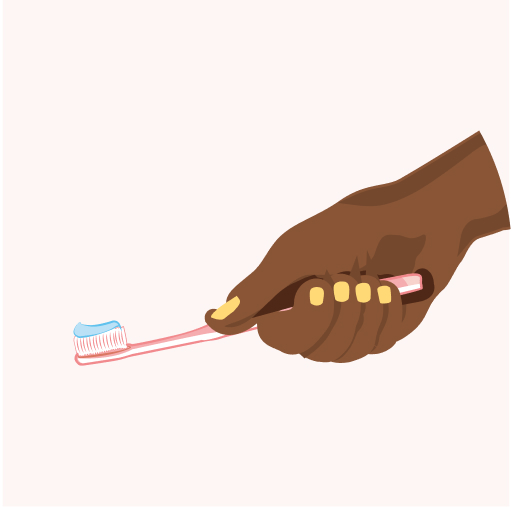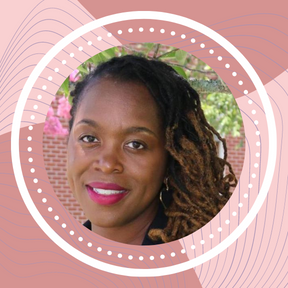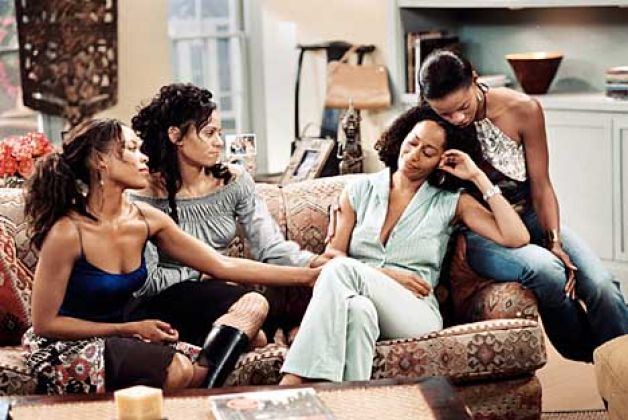
Superwoman Syndrome: How the Pursuit of Perfection is Our Superpower and Kryptonite
For generations, Black women have mastered the practice of “wearing many hats”. We have juggled the roles of being mothers, wives, partners, daughters, sisters, sista-friends, professional women, community leaders, and so much more. As Black women, many of us have seen our mothers and grandmothers carry the world’s weight on their shoulders without a single complaint. We could say this glorified responsibility of taking care of everything and everybody originated in Biblical times, as described by the Virtuous Woman in Proverbs 31, and continued in Black communities throughout the eras of Harriet Tubman, Fannie Lou Hamer, and Michelle Obama. With such a rich legacy of strength and resilience from our foremothers, we continue to wear the badge of the “Strong Black Woman”. More notably, this phenomenon is referred to as the Superwoman Syndrome in recent research. While being a Black superwoman makes us successful professionals, entrepreneurs, and leaders, it comes with a price. While being a phenomenal Black woman is our superpower, the pursuit of perfection while neglecting ourselves seems to be our Kryptonite.
African American women have worked hard to become the fastest-growing group of entrepreneurs in the United States and earn 64% of all bachelor’s degrees earned by Black students. However, we also have some of the most alarming health statistics. The mortality rate from coronary artery disease (CAD) is 69% higher and from hypertension 352% higher for black females than white females. Additionally, 55.9% of African American women aged 20 and older are categorized as obese. Regarding mental health, although all women experience depression at rates twice that of men, Black women are only half as likely to seek care as White women. According to the Black Women’s Health Imperative (2017), 3.9% of Black women report feelings of sadness compared to 2.9% of white women. Furthermore, nearly 10% of Black women say they feel like “everything is an effort” while less than 6% of white women feel the same.
Even though many Black women experience some or all of these ailments in silence, it often doesn’t slow down or hinder our pursuit of perfection. In this current era of #Goals and Black Girl Magic, Black women are continuing to break records, barriers, and glass ceilings, all while taking care of our families and communities. Our ability to be successful and thrive while being resilient after experiencing generations of inequality makes us strong Black women. However, the Strong Black Woman label can be a gift and a curse. On the one hand, our superhuman ability to multi-task and hold it all together is seen as one of our greatest assets. On the other hand, this societal expectation for us to have it all together and hold it all together doesn’t allow us to be vulnerable or show any signs of weakness. In 2010, Cheryl L. Woods-Giscombe’ developed the Superwoman Schema as a conceptual framework displaying the five elements of the Superwoman Syndrome among Black women, the contributing factors, perceived benefits, and perceived liabilities. According to the Superwoman Schema, a Superwoman is characterized by
- feeling an obligation to present an image of strength (also known as the Strong Black Woman);
- an obligation to suppress emotions (also known as holding it together for everyone else);
- resistance to being vulnerable (also known as everybody “don’t” need to know what’s going on);
- a drive to succeed despite limited resources (also known as making it against all odds);
- feeling obligated to help others (also known as the problem solver).
I know you’re probably thinking, “what’s wrong with that?” or “that sounds like me.” Well, there’s nothing wrong with being dependable and strong. However, for centuries, society has put this insurmountable pressure on Black women to maintain these characteristics at all times. Unfortunately, we have subscribed to the notion that there is no room to be “out of character” and show vulnerability. As a result, this “S” on our chest, which is seen as a badge of honor, is steadily impacting our health.
As Black women, our inclination to be everything for everybody can be linked to several contributing factors in the Superwoman Schema. One factor is the historical legacy of racial or gender stereotyping and oppression. This dates back to the 1600s when the first Africans were stolen from their native land and forced to the Americas. During this time, African women were expected to handle the same workload as African men and take care of the enslavers’ households and families as well as their own. These women often worked in the fields, tended to the animals and crops, cooked, cleaned, and took care of the enslavers’ families, leaving very little to give to their own families at the end of the day. Even as African women eventually gained their freedom as centuries progressed, the expectation of taking care of others while neglecting self carried over into the generations that followed. This brings us to the next factor: lessons from foremothers.
Many of us can remember our mothers and grandmothers waking up before everyone else to get the day started. Whether it was cooking breakfast, packing lunches, or fixing hair, mama (or grandma) made sure everyone had what they needed to excel each day at school or work. This act of selflessness carried on through the day regardless if she was a working professional or a domestic engineer. Our mothers and grandmothers managed to work all day, then take care of after-school activities, cook dinner, and make sure we were all in bed… just to finally have a moment of stillness before waking up to do it all over again. While our foremothers were the real MVPs during our childhood, heroically taking on these responsibilities without one complaint, many of them never revealed if, when, or how they refueled after such long days. Nor did they show great examples of them practicing self-care. Just as we saw our foremothers work in this manner, we have continued this legacy of servitude to our families and careers, all while also not making self-care a top priority.
Other factors that contribute to our commitment to taking care of others first include a history of disappointment, mistreatment, abuse, and spiritual values. By nature, women are inclined to be nurturing and to protect others from emotional hurt. We are especially this way with those who are the most vulnerable, such as children and the elderly. If we have been mistreated or experienced disappointment in the past, we often strive to achieve the Golden Rule, “ In everything, do to others what you would have them do to you.” When it comes to spiritual values, 97% of Black Americans believe in God or a higher power. Furthermore, Black women (64%) are more likely than Black men (51%) to say that religion is an important part of their lives. As a result, we may sometimes overextend ourselves not only because we have the heart to do so but also because our faith and moral compass guide us to care for others in the way we want to be taken care of.
The selfless nature and willingness to put others first have some perceived benefits, as defined by the Superwoman Schema. These benefits include preservation of self/survival (overworking ourselves for financial and professional growth and success); preservation of our community (generations of Black women pouring into children, elderly, and the most vulnerable so they can also thrive); and preservation of the Black family (taking care of our households and raising our kids to be productive citizens). However, some perceived liabilities come with the benefits of being magical matriarchs in our careers, communities, and families. Woods-Giscombe lists these liabilities as strain in interpersonal relationships (neglecting romantic relationships), stress-related health behaviors (postponing self-care, emotional eating, poor sleep habits), and embodiment of stress (anxiety, depressive symptoms, adverse maternal health outcomes).
So, where do we go from here? How do we as Black women continue to excel at the highest levels while undoing generations of self-neglect? We must first acknowledge and accept that we cannot pour from an empty cup. Over time, continuing to give 100% to everything and everyone and 0% to ourselves will leave us feeling burned out, physically fatigued, and mentally exhausted. As stated before, these conditions lead to unfavorable health outcomes.
Therefore, once we recognize that we need to be renewed, restored, and rejuvenated, we must prioritize self-care as part of our routine. According to Wyatt and Ampadu, while there is no clearly defined meaning of self-care, it can be characterized as a set of behaviors and strategies that one can engage in to improve or sustain their health status. Self-care could include regular exercise, speaking with a therapist, meditation exercises, or simply taking the time to do something you enjoy. According to the CDC, a single bout of moderate-to-vigorous physical activity has immediate health benefits, including improved sleep quality as well as reduced blood pressure and feelings of anxiety. Additionally, self-care has been proven to mediate the effects of stress and other self-reported health conditions among black women. As we continue the legacy of being phenomenal Black women, it is imperative that we prioritize our well-being through acts of self-care. Not only does the preservation of our families and communities depend on it – we owe it to ourselves.


